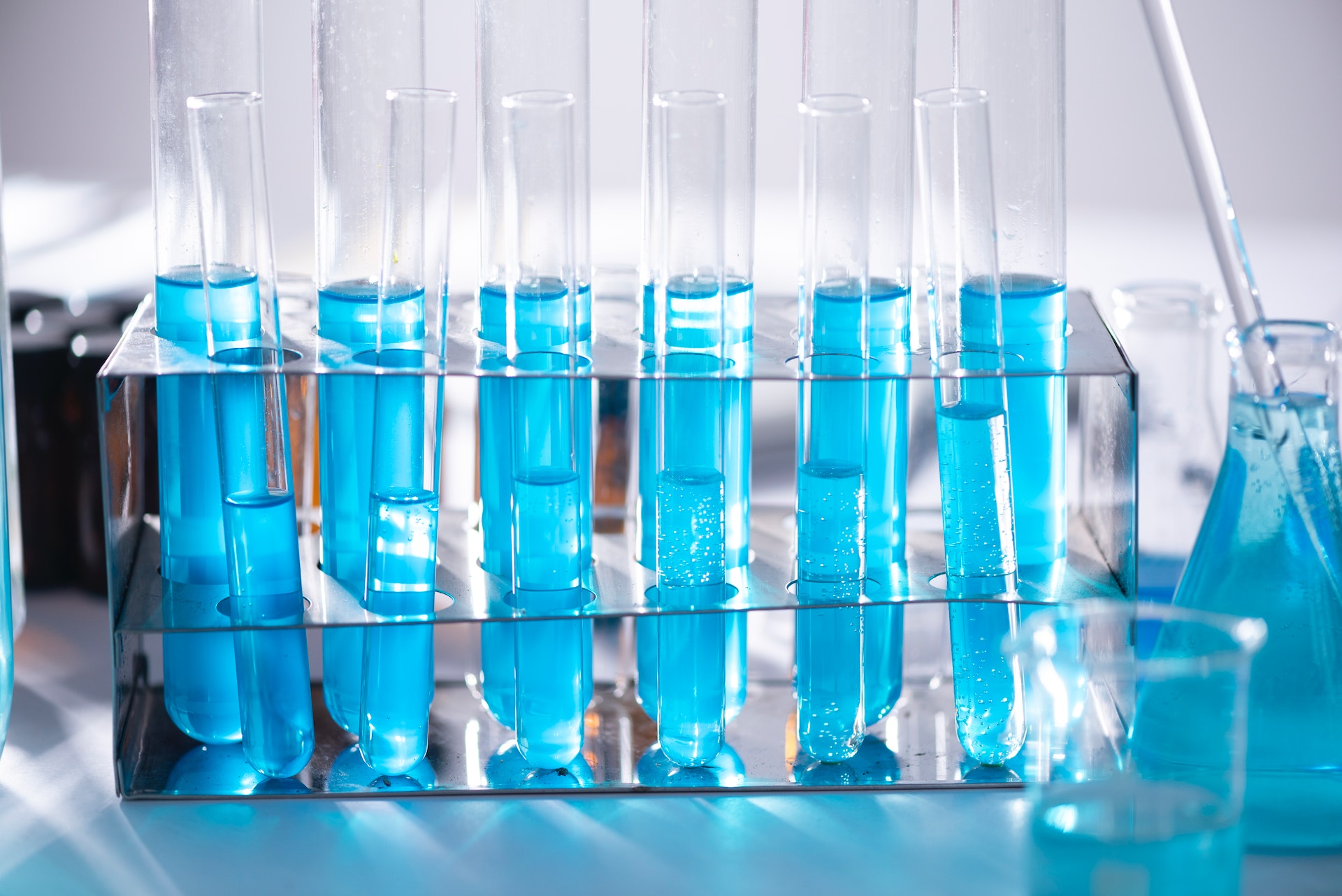Table of Contents
In the realm of scientific innovation, few fields have exhibited as much promise and potential as biotechnology. Over the past few decades, biotechnology has not only made significant strides but has also begun to redefine the boundaries of what is possible in medicine, agriculture, and environmental conservation. In this blog, we will delve into some of the most groundbreaking biotechnology breakthroughs that are shaping our world.
1. CRISPR-Cas9: Rewriting the Genetic Code
Arguably one of the most revolutionary developments in biotechnology, CRISPR-Cas9 is a precision gene-editing tool that allows scientists to modify DNA with unprecedented accuracy. Originally discovered as a defense mechanism in bacteria, this technology has been adapted for a wide range of applications. It holds the promise of treating genetic diseases, creating genetically modified organisms (GMOs) for improved crops, and even potentially combating climate change.
One of the most exciting applications of CRISPR-Cas9 is in gene therapy. Scientists are now exploring the possibility of curing genetic diseases like cystic fibrosis and sickle cell anemia by directly editing the patient&8217;s DNA. While ethical concerns surround the editing of human germline cells, the potential for eradicating hereditary diseases is a beacon of hope for many.
2. mRNA Vaccines: A Game-Changer in Immunization
The emergence of mRNA vaccines, exemplified by the Pfizer-BioNTech and Moderna COVID-19 vaccines, marks a monumental shift in the field of vaccinology. Unlike traditional vaccines that contain weakened or inactivated viruses, mRNA vaccines work by introducing a small piece of genetic material into the body, instructing it to produce a harmless spike protein found on the surface of the virus. This, in turn, triggers an immune response without the need for live pathogens.
The rapid development and approval of mRNA vaccines for COVID-19 showcased their versatility and speed. Scientists are now exploring the potential of mRNA vaccines to combat a wide range of infectious diseases and even some cancers. Moreover, the adaptability of this technology allows for swift modifications in response to emerging variants of viruses.
3. Synthetic Biology: Designing Life from Scratch
Synthetic biology is an interdisciplinary field that combines biology, chemistry, and engineering to design and construct biological parts, devices, and systems. Researchers in this field aim to create entirely new biological organisms or redesign existing ones to perform specific tasks. Applications of synthetic biology range from biofuel production to environmental remediation.
One notable achievement in synthetic biology is the creation of synthetic organisms with modified genomes. For instance, scientists have engineered bacteria that can clean up oil spills more efficiently by breaking down hydrocarbons. The ability to engineer organisms for industrial and environmental purposes has the potential to address some of our planet&8217;s most pressing challenges.
4. Personalized Medicine: Tailoring Treatments to Individuals
Advancements in genomics and biotechnology have paved the way for personalized medicine, a paradigm shift from one-size-fits-all healthcare to treatments tailored to an individual&8217;s genetic makeup. By analyzing a patient&8217;s genome, doctors can predict how they will respond to certain drugs and therapies, minimizing adverse effects and optimizing treatment outcomes.
Cancer treatment provides a compelling example of the impact of personalized medicine. Targeted therapies, designed to attack specific genetic mutations driving cancer, have revolutionized oncology. Patients can now receive treatments that are more effective and less harmful to healthy cells, improving their quality of life.
5. Lab-Grown Organs: A Solution to the Organ Shortage Crisis
The shortage of donor organs for transplantation has been a persistent challenge in medicine. Biotechnology offers a promising solution through the development of lab-grown organs or tissue engineering. Scientists are making significant progress in growing organs like hearts, kidneys, and livers from a patient&8217;s own cells, reducing the risk of rejection.
While lab-grown organs are not yet widely available for transplantation, they hold immense potential to save lives and alleviate the burden on organ transplant waiting lists. Research in this area is advancing rapidly, and we may soon witness a revolution in organ transplantation.
6. Nanobiotechnology: Shaping the Future of Medicine
Nanotechnology, the manipulation of matter at the nanoscale, is intersecting with biotechnology to create powerful tools and therapies. Nanoparticles can be designed to target specific cells or deliver drugs with pinpoint accuracy. This precision has opened up new possibilities in cancer treatment, drug delivery, and diagnostics.
In cancer therapy, for instance, nanoscale drug carriers can selectively deliver chemotherapy to tumor cells while sparing healthy tissue, minimizing side effects. Additionally, nanosensors can detect diseases at an early stage, improving diagnostic accuracy and treatment efficacy.
7. Biotechnology in Agriculture: Feeding a Growing Population
Biotechnology has also transformed agriculture through genetically modified crops (GMOs). These crops are engineered to resist pests, tolerate harsh environmental conditions, and even enhance nutritional content. GMOs have the potential to increase food security, reduce the need for chemical pesticides, and mitigate the effects of climate change on agriculture.
One notable example is Golden Rice, a genetically modified variety enriched with vitamin A. It has the potential to combat vitamin A deficiency in developing countries, which can lead to blindness and other health issues.
Conclusion: A Bright Biotechnological Future
The biotechnology breakthroughs outlined in this blog represent just the tip of the iceberg. As researchers continue to push the boundaries of what is possible in the field, we can anticipate even more transformative developments in the years to come. From personalized medicine to sustainable agriculture and beyond, biotechnology holds the key to solving some of humanity&8217;s most pressing challenges and improving our quality of life.

